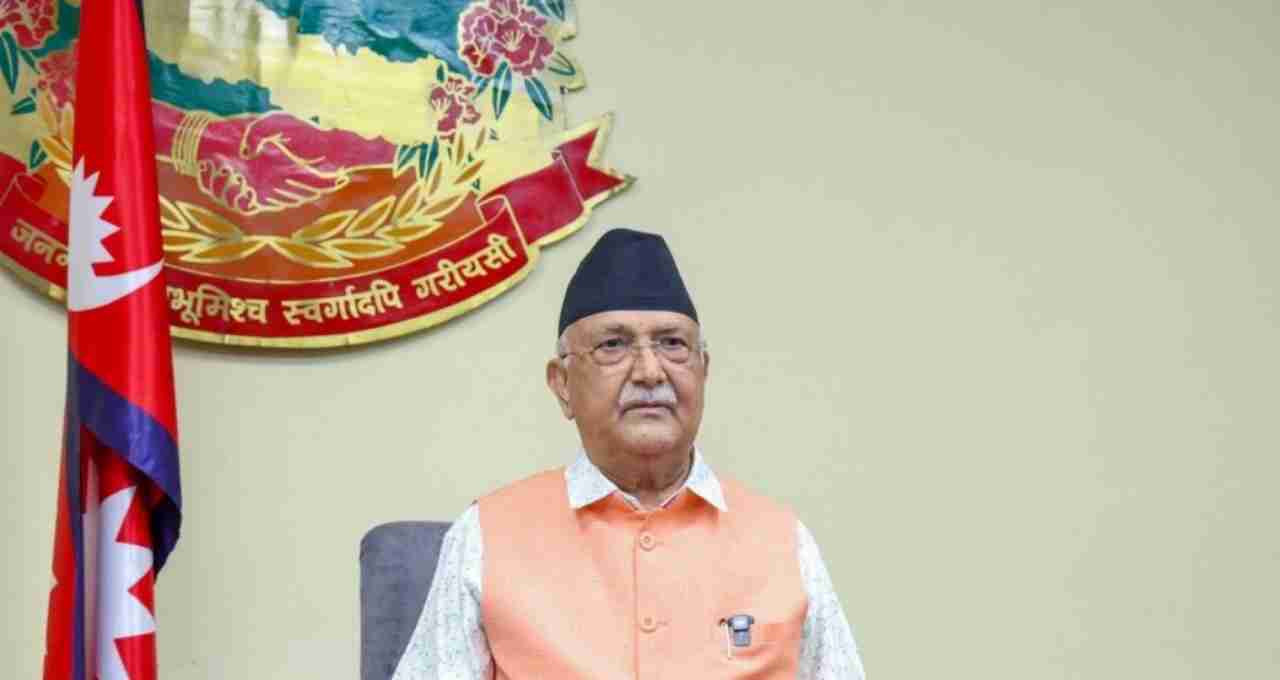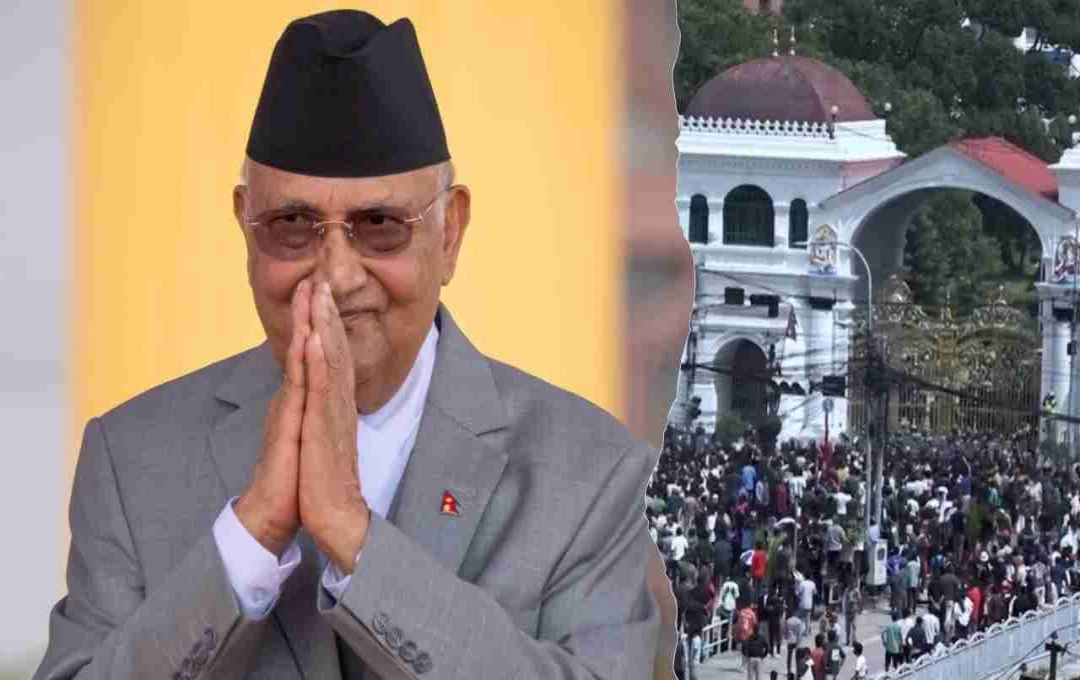A judicial commission formed to investigate the Gen-Z protests in Nepal has recommended the seizure of passports belonging to K.P. Oli and four others. Amidst 75 deaths and widespread violence, the commission called for action against senior officials.
Nepal News: A judicial commission established to investigate the suppression of Gen-Z protests that occurred earlier this month in Nepal, on Sunday recommended the confiscation of passports belonging to ousted Prime Minister K.P. Sharma Oli and four others. The commission instructed Oli, former Home Minister Ramesh Lekhak, and others to seek permission if they wish to leave Kathmandu, to ensure their accountability during the investigation process.
Suppression of Gen-Z Protests
During the Gen-Z protests on September 8, at least 19 people died in police firing. This was the first day of the protest movement, and it was after this that Oli was removed from office. Due to the intensity of the violence and protests, 75 people lost their lives. Amidst these deaths and violence, issues such as corruption and restrictions on social media also emerged.
Formation of the Judicial Commission
Days after Oli's removal and following Sushila Karki becoming the interim Prime Minister, the cabinet formed a judicial commission on September 21 to investigate the excessive use of force by security forces and the deaths during the Gen-Z protests. The commission's objective was to ensure that the investigation was conducted independently and impartially, and that accountability was established against responsible officials.

Recommendation for Action Against Senior Officials
In addition to Oli and former Home Minister Ramesh Lekhak, the commission also recommended action against former Home Secretary Gokarna Mani Duwadi, former chief of the National Investigation Department Hutraj Thapa, and former Chief District Officer of Kathmandu Chhabi Rajjal. According to the commission, this step was taken to ensure the accountability of senior officials during the course of the investigation.
Oli's Statement
Amidst social and political pressure, Oli, chairman of the Communist Party of Nepal (Unified Marxist-Leninist), addressed party leaders and workers in Bhaktapur district, stating that he had not ordered the firing on Gen-Z protesters. In his earlier statement, he asserted that protesters were shot with automatic weapons, which the police did not possess. He demanded an independent investigation into the matter.
National Human Rights Commission's Allegation
The National Human Rights Commission (NHRC) accused the Oli government of misjudging the intensity of the Gen-Z protests and of security forces using excessive force against demonstrators. According to security sources, on September 8, in an attempt to control the protests, police and security forces fired thousands of rounds from SLR rifles, INSAS rifles, and pistols.











